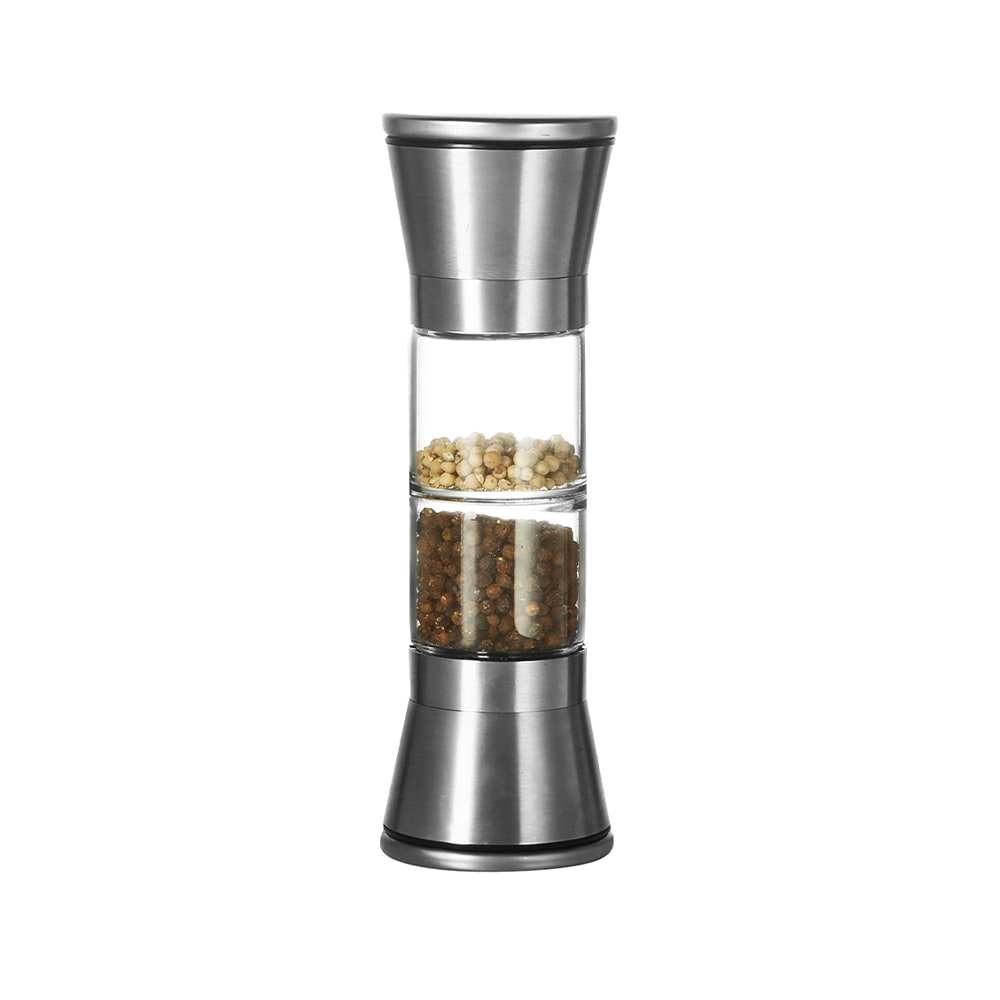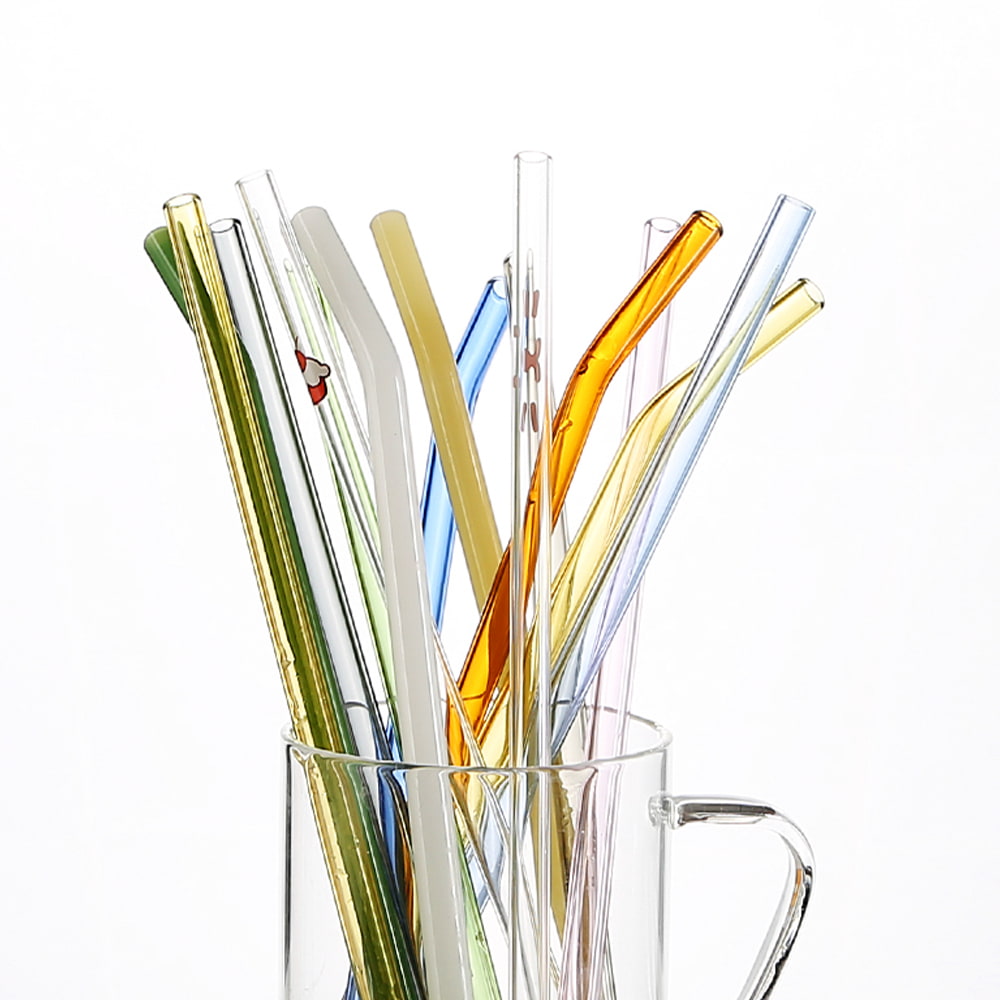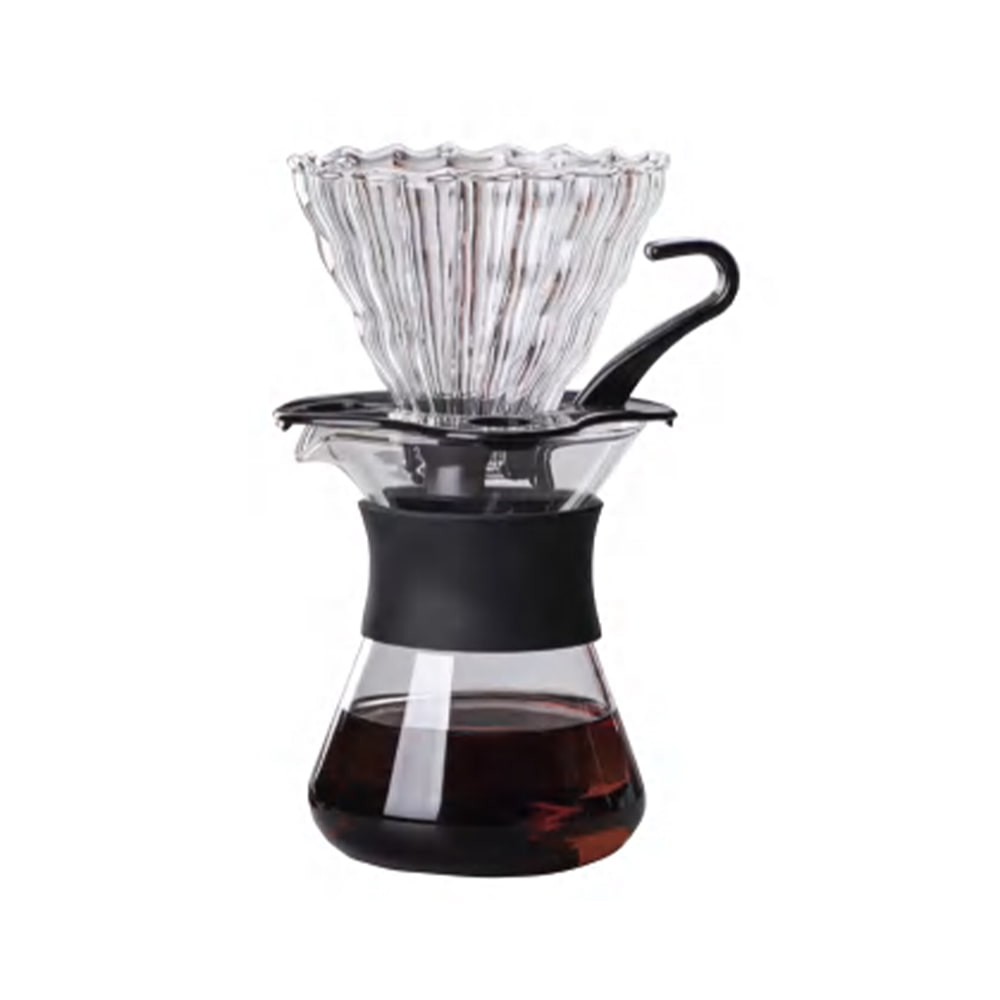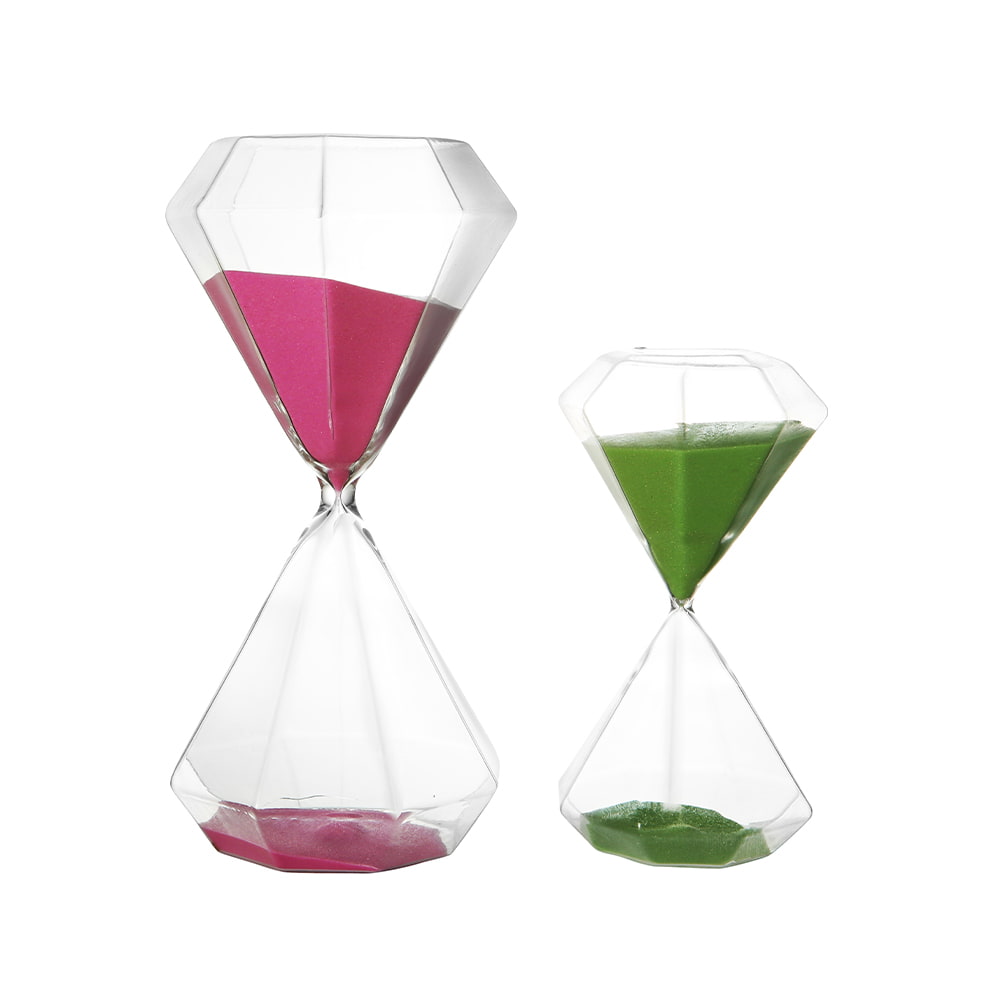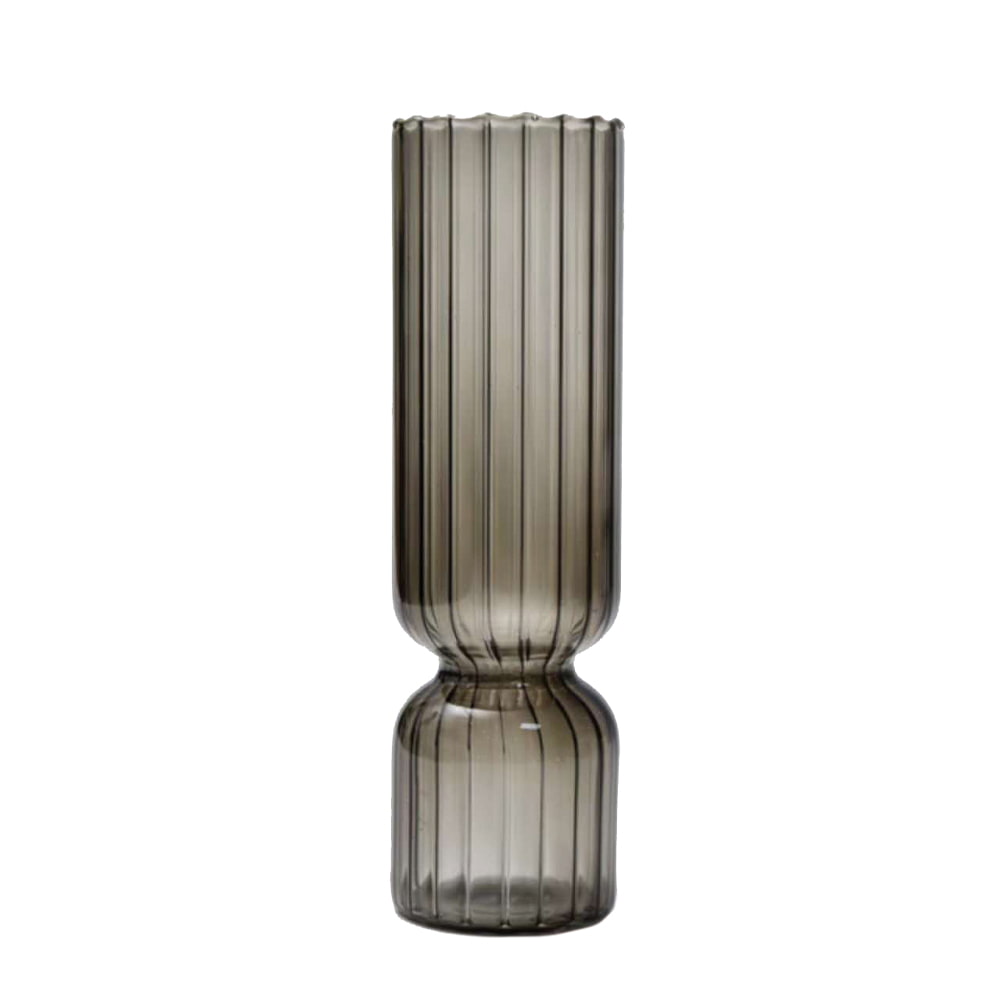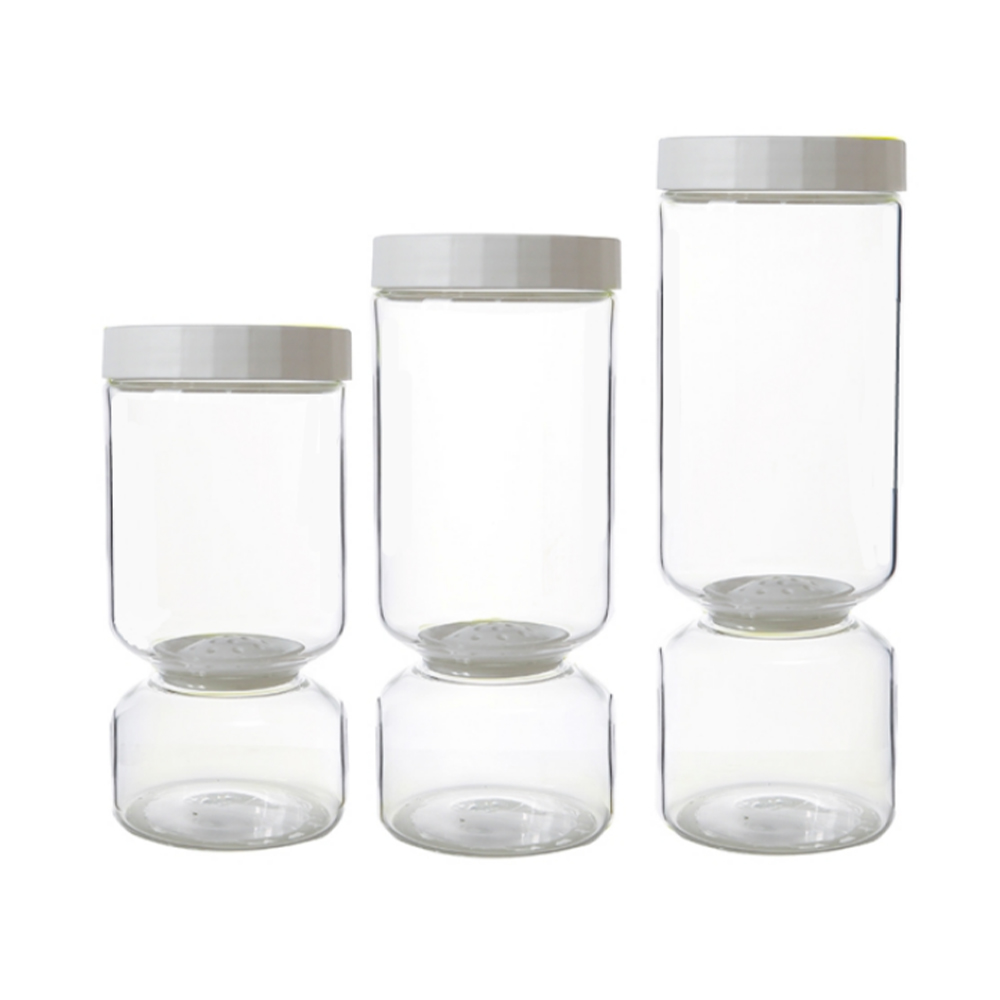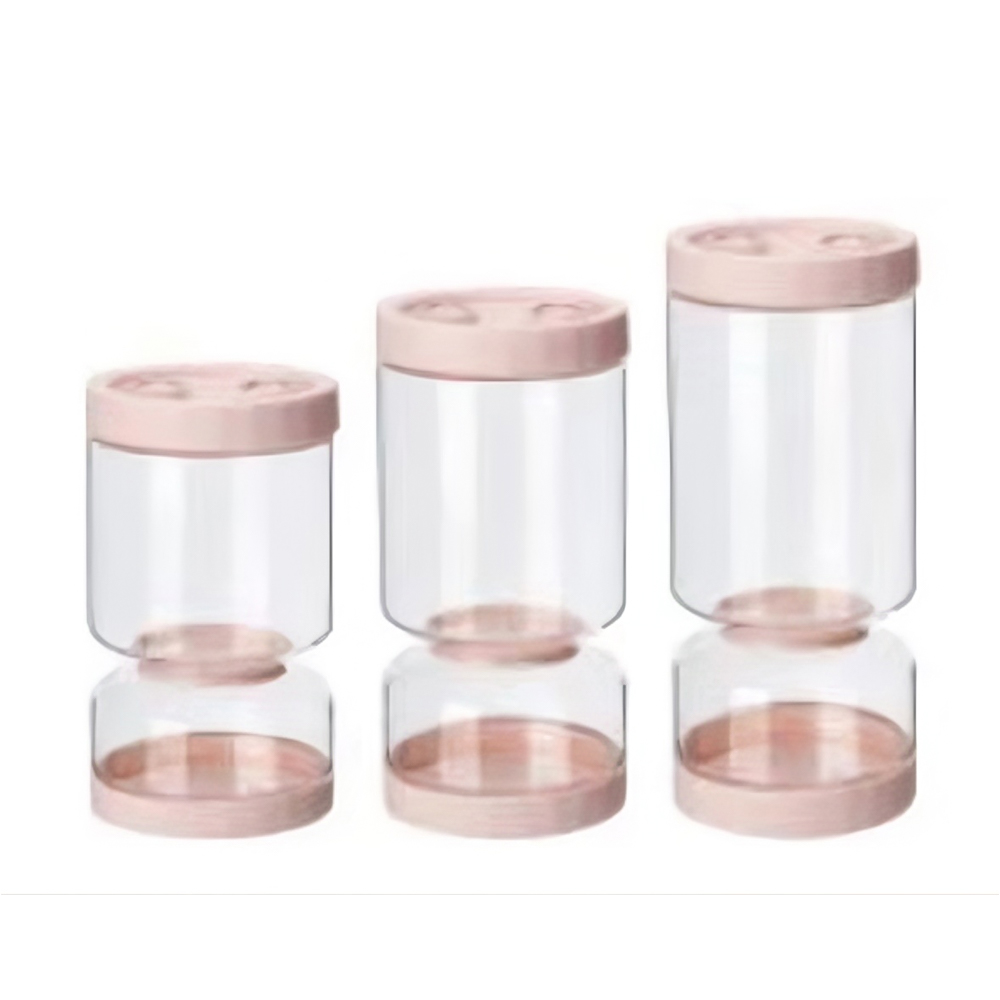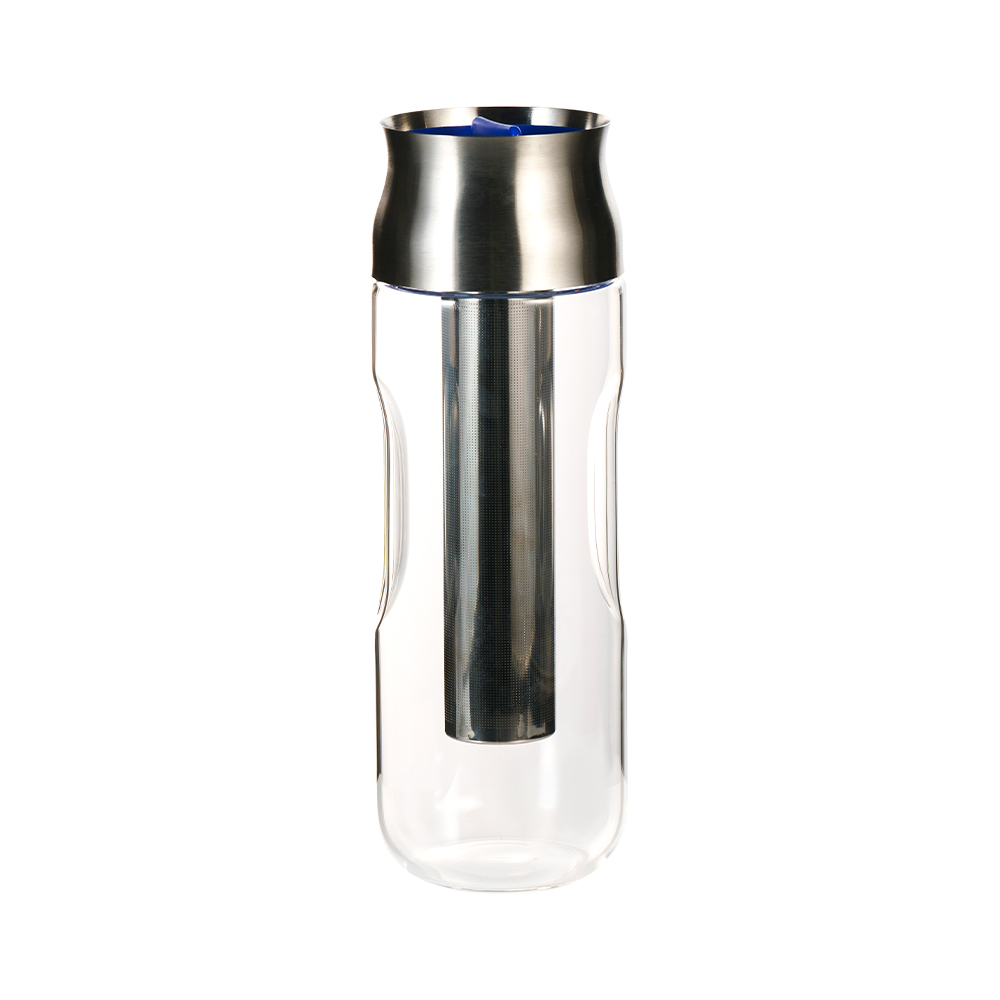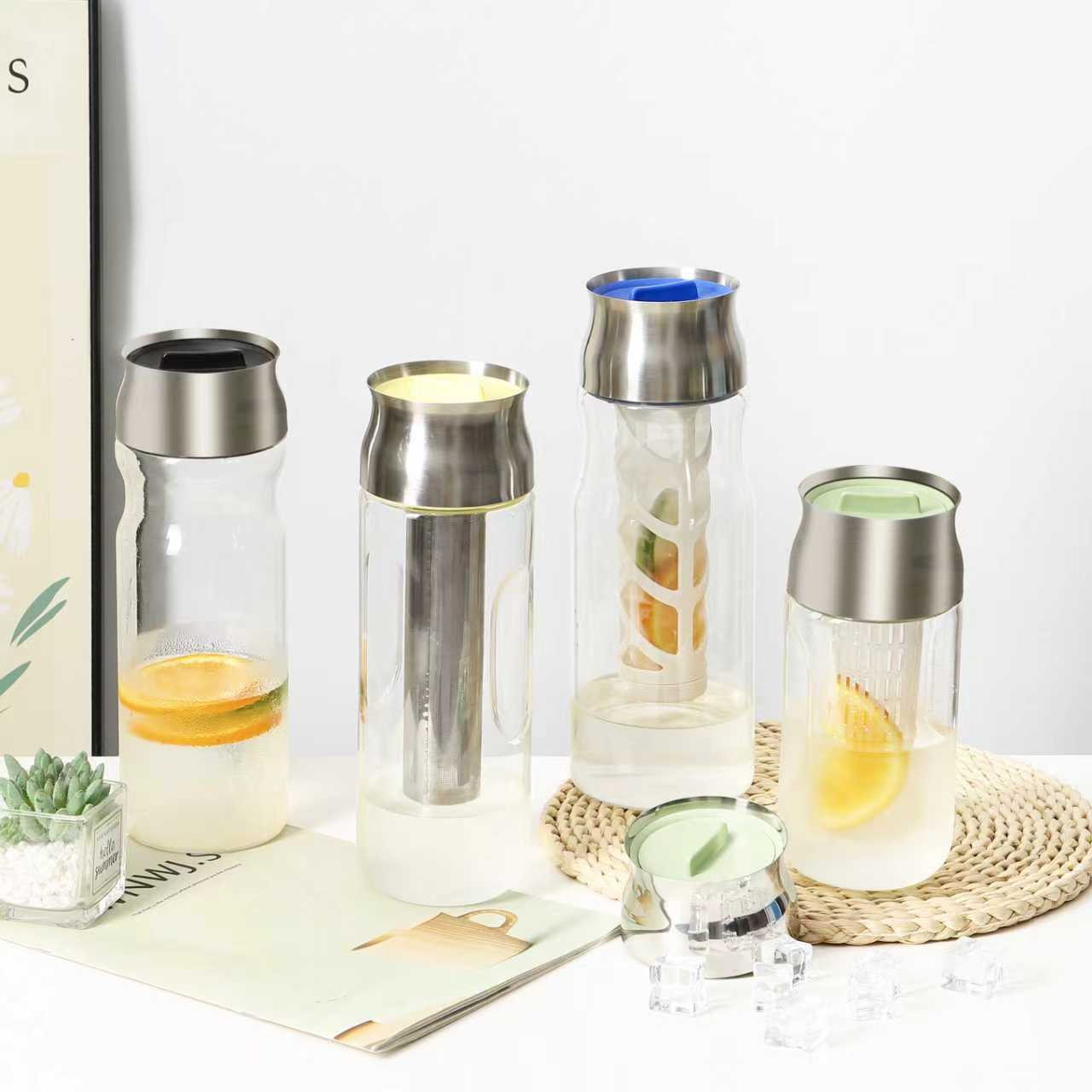 Language
Language



+86-0514-8866-8898
+86-18083766162

julia@nchousewares.com
Jack@nchousewares.com
Can glass storage jars extend the shelf life of food?
Glass storage jars can indeed help extend the shelf life of food under specific conditions, mainly due to the characteristics of their material and good sealing design. The following is a breakdown explanation:
1. Isolate air and moisture
Sealing advantage: High quality glass jars paired with silicone rings or screw caps can effectively isolate external air and moisture from entering.
Preservation principle: Air (oxygen) is an important factor that causes food oxidation and spoilage, while moisture can easily breed mold or cause dry goods to become damp and compacted. A sealed environment can slow down these processes.
2. The material itself is impermeable and pollution-free
Zero porosity: The glass surface is dense and smooth, and gases, liquids, or microorganisms cannot penetrate the jar wall.
Inert stability: Glass does not react with acids, oils, salts, or active ingredients in food, does not release harmful substances or adsorb odors, and avoids accelerated deterioration or cross flavor of food.
3. Reduce external pollution and pest infestations
Physical barrier: The hard glass jar body and sealed lid form an effective barrier to prevent dust, oil stains, and small insects from entering, which is much more protective than open containers or ordinary plastic bags.
4. Easy to observe and handle in a timely manner
Transparent visibility: Clearly see the status of the ingredients in the can (such as whether they are moldy, discolored, infested with insects or clumped), making it easy to remove problematic ingredients in a timely manner, avoiding contamination of the remaining parts, and indirectly extending the overall storage time.
5. Applicable to the preservation effect of food ingredients
Dry goods have significant effects: they have the best effects on grains, beans, dried mushrooms, tea, herbs, nuts, powdered seasonings, etc. Sealed, moisture-proof, and insect proof, significantly delaying moisture absorption, mold growth, oil spoilage, or aroma evaporation.
Liquid/high moisture ingredients are conditionally applicable: homemade sauces, oil immersed ingredients, and fermented products (such as kimchi and fermented seeds) require high sealing and refrigeration. The glass jar itself is resistant to acid, alkali, and fermentation, but the shelf life depends on the formula, process, and storage temperature.
Suitable for some fresh fruits and vegetables: Wash and cut fruits and vegetables, as well as salad vegetables, should be refrigerated separately (with a fresh-keeping cover), which is slightly better than exposed storage, but the shelf life is limited and not as convenient as professional fresh-keeping boxes.
Limitations to be noted:
Light influence: Glass transparency is a double-edged sword. Light (especially ultraviolet radiation) can accelerate the oxidation and flavor loss of certain ingredients such as vanilla oil, spices, and nuts. To store such items, it is necessary to choose dark cabinets or use brown glass jars.
Temperature dependence: Glass itself does not have insulation or refrigeration functions. Food ingredients that require refrigeration (such as sauces and cooked food) must still be refrigerated promptly after being placed in a glass jar.
Not suitable for extreme situations: For professional needs such as vacuum freezing preservation and controlled atmosphere preservation, ordinary glass jars cannot replace specialized equipment.
| Feature | Impact on Shelf Life | Key Considerations |
| Airtight Seal | Significantly extends for dry goods | Requires quality lid (e.g., silicone gasket, clamp lid) to block oxygen and moisture. |
| Moisture Barrier | Prevents clumping/mold in powders & dried foods | Critical for flour, spices, grains, tea – keeps them dry and free-flowing. |
| Non-reactive Material | Preserves flavor & freshness | Won't leach chemicals or absorb odors that accelerate spoilage. |
| Impermeable Barrier | Blocks contaminants & pests | Protects against insects, dust, and airborne microbes better than porous materials. |
| Visual Monitoring | Prevents cross-contamination | See spoilage (mold/discoloration) early; remove affected food to save the rest. |
| Preserves Dry Goods | Excellent for grains, beans, nuts, spices, dried herbs | Maintains crispness and prevents staleness/rancidity. |
| Suitable for Liquids | Extends homemade sauces/oils with refrigeration | Acidic/fermented items (pickles, kombucha) benefit but require strict hygiene. |
| Light Exposure | Can reduce effectiveness | UV degrades light-sensitive items (oils, herbs); store in dark places or use amber jars. |
| Temperature Limitation | Does not replace refrigeration | Perishables (dairy, meats, cut produce) still require cold storage regardless of container. |
Recommended Products
 English
English  日本語
日本語  Deutsch
Deutsch  Español
Español 



